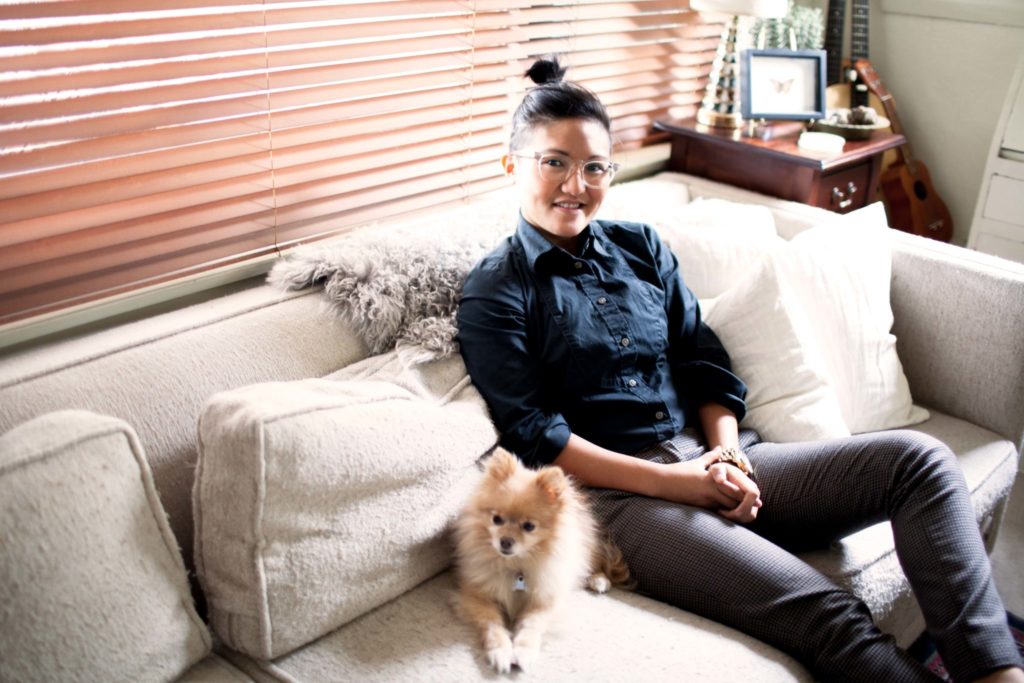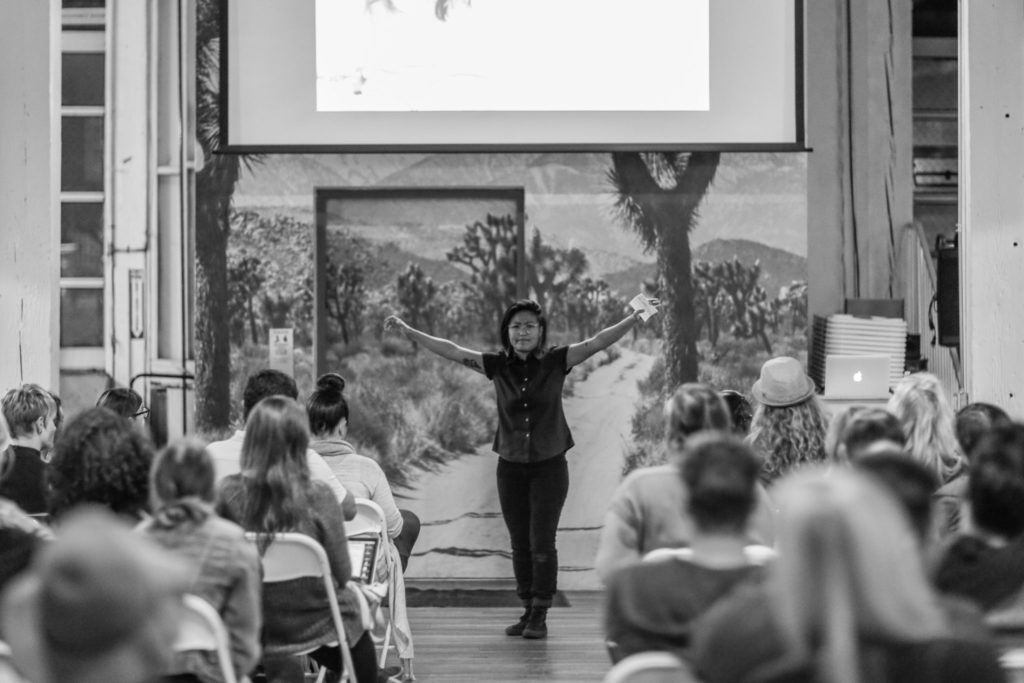For better or worse, the way we view money is changing. In today’s world we have more ways to manage our money than ever, more ways to invest than ever, and a myriad of new currencies evolving the landscape of global wealth (e.g. Bitcoin). Yet with seemingly heightened awareness of finance all around us, as of March 2018, 65% of Americans save little or nothing—and half could end up struggling in retirement. With mobile payments at our disposal and a new credit cards just a click away, Americans are looking for a quick fix and putting off planning for the long-term.
Sounds like doom and gloom? Fear not, help is on the way. We spoke with Paco de Leon, founder of the Hell Yeah Group, a financial consulting firm dedicated to guiding creative professionals through the complexity that is personal finance. How is the future of finance changing? And what do we need to know to navigate what lies ahead? Read on to learn more…

Thanks for joining us, Paco. You have a unique focus in helping creatives—not generally known for being math whizzes. Why do you think creatives tend to struggle so often with managing their money?
Paco: The only reason I know a lot about money is because I studied finance and economics and I work in the industry. I had to go out and actively seek this information. Here in the states, our educational system doesn’t provide this to us, but there is an expectation that we need to somehow acquire the knowledge. One reason why creatives struggle with money is the lack of education inherent in our educational system. And the educational resources actually available are not engaging.
For example, I tried to watch some videos on the IRS’s website this morning and it was so boring, I couldn’t pay attention. And I pride myself on my ability to tolerate really boring stuff. The ah-ha moment was really my own curiosity about how other people learn, absorb and relate to information. I’m fascinated by that. I love trying to connect and relate to people. My job just feels like me trying to help my friends understand this thing that I understand really well.
Evolving household dynamics are playing a role in how we manage our money (e.g. working couples with separate bank accounts, having our own money etc.) How does this change investing for the future?
Paco: If you’re not on the same team or on the same page with the little things, you might not be on the same page for the big things, like investing for your future. I see a lot of couples who are working against each other instead of working together. Sometimes we see this in organizations too. Organizations that bring people in and let them see everything, including financial data, tend to have a different relationship with the future of the organization. They’re invested in a way those left in the dark aren’t.
The way we view a college education is shifting. How do you see the personal investment in education changing?
Paco: Young people are really skeptical about “investing” in a college degree. I don’t blame them. My sample size might be flawed, but I notice people around me, including myself, taking online courses about subjects we want to learn more about or learning from people who provide resources online. I am personally a big fan of the library – it’s my favorite resource and I think it’s totally underutilized. If you can focus on reading and you really want to learn about a subject; read five books about it and you’ll be shocked how much you’ve learned.
(Sidebar/advice: If you can’t afford to go to college, but you feel like you need the degree because well, the statistics are damning, hack the system. I worked at the bank when I was going to a state school. If I got ‘B”s or higher, I could get my tuition reimbursed by the bank. Try to find ways to hack the system. Figuring out ways around the system is a good skill to have!)
Thanks to devices, the way we choose to pay is taking on new forms. How do you see this changing and impacting both online and brick-and-mortar businesses?
Paco: Technology removes the friction for getting paid. So it’s easier to get paid, it’s easier to send and follow up on invoices and it’s easier to spend money. It’s easier to help people, but it also allows us to commodify our lives in ways we couldn’t before.
And in an era where we quickly and seamlessly manage our accounts online (versus the age of checks) – are we more aware or less aware of our spending?
Paco: Some people feel like having our money as bits and bytes in the ether makes us less attached to our money. Other people feel like cash isn’t real, like it’s monopoly money. I don’t think our lack of engagement is a function of the format, it’s a function of what you choose to focus on and how you focus on it. But I get it, we’re dealing with value represented as numbers, it’s super weird.
What are the top five money tips you would give to people who weren’t a business major?
Paco:
1. Spend time looking inward, understand what your values are and your beliefs about money are. Deconstruct your value and beliefs and make sure they’re serving you instead of holding you back.
2. Figure out how much you need to live: living expenses, bills, debt payments, fun stuff, savings and goals. And if you aren’t earning that amount to support that, then start moving levers. Levers are income and expenses. Yes, we are victim of our circumstances and we also aren’t.
3. Have an allowance account for your fun spending. Figure out how much you can afford on fun stuff like shopping, hobbies, vices, etc. Use a separate account for that stuff so you limit what you spend. Instead of using willpower, you can force yourself to form a habit by organizing your money this way.
4. Pick a block of time to do finance stuff and commit to it. So like Wednesdays from 930a – 1030a or lunch time on Fridays. And show up. Keep showing up. Commit to it. Now you can’t use “I don’t have time” as an excuse, you just made time. And you’re forcing yourself to form another good habit, instead of trying to use willpower.
5. Learn as you go. Learn what you need to learn. The world of finance is wide and deep and the people who know a lot want to scare you about how much you don’t know so you’ll pay them for everything they know. Learn little by little. Read a finance book every quarter, subscribe to my newsletter and other finance newsletters. Learn bit by bit. Use the time you blocked off yourself to get better.
***
For more from Paco and The Hell Yeah Group, sign up for her weekly newsletter at the bottom of their site, feeled with helpful blog posts, tips, and inspiring reads.
Thank you, Paco!
